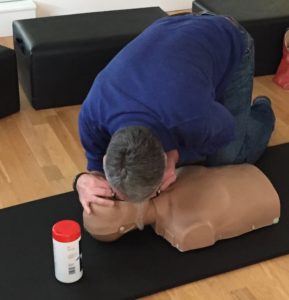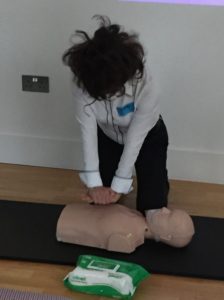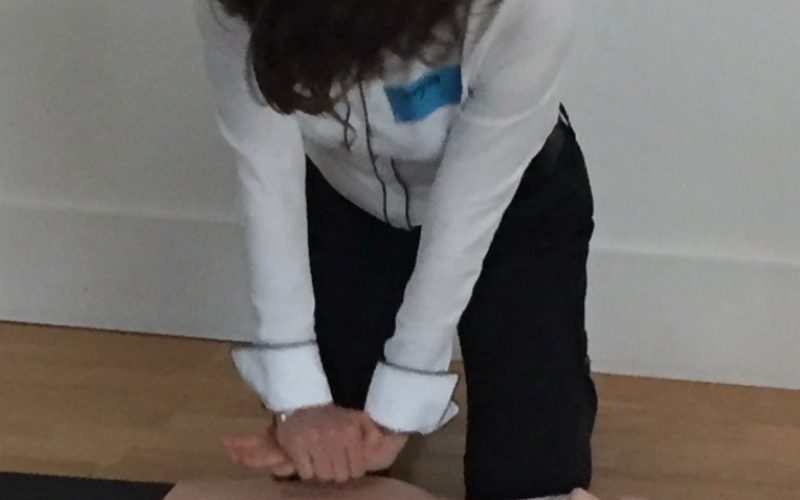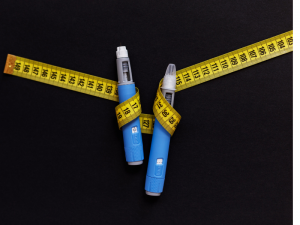Would you know what to do if someone you know stopped breathing?
If the answer is no, then learning first aid should be on your list of essential skills
7 reasons why you should learn first aid
1. It may be someone you know who needs help
Injuries and illness don’t just occur to strangers, thousands of people are affected by from heart disease including heart attacks and Angina. 80% of cardiac arrests happen in the home or a domestic setting. In these cases, immediate care including performing CPR may save someone’s life. First Aid training will provide you with the ability to give your loved life-saving First Aid
2. An accident could be around the corner
Accidents can happen at any time, in any place, can affect anyone and usually when we least expect it, so It pays to be prepared with First Aid training.You could be at home, playing sport, driving in your car or at work when a disaster strikes. Every year for example,
- One in three older adults falls each year
- About 2.5 million nonfatal falls were treated in emergency departments in 2013
- Of those, 734,000 people were admitted to the hospital
- That year, 25,500 older adults died from unintentional falls
- More than 250,000 hip fractures are reported every year, and 95 percent of those are from falls


3.You could improve someone survival
The first few minutes following a first aid emergency are crucial. The treatment a casualty receives in this time can often affect their outcome. Sometimes it can mean the difference between life and death. The statistics for cardiac arrest don’t lie. Sadly, the average survival rate for someone that has a cardiac arrest out of a hospital is only 7%. However, if a patient receives immediate and quality CPR and defibrillation, their chances of survival can be improved dramatically. In some cases, early CPR and defibrillation can produce survival rates as high as 75%. First Aid training can prepare you to provide these life-saving techniques and improve the outcomes for someone that has been injured or fallen ill.
4. Learning first aid will improve your confidence
In an emergency people often fail to provide adequate care for a casualty. Some people when faced with a crisis often are overcome by fear and anxiety and may panic. Bystanders to an accident can have fears that they may do the wrong thing, cause further injury to a casualty or be harmed themselves, such as catching a disease. These reactions can often result in a delay in a casualty receiving the necessary treatment or the quality of the treatment being compromised. First Aid training can provide the opportunity for people to learn exactly what to do and be able to overcome any of these fears. Such training will enable someone to be able to react with greater confidence, composure and self-assurance in the unfortunate event of an emergency
5. First aiders increase safety awareness
The basis of first aid training is “prevention”. It is always better to be safe than to be sorry. Knowledge of first aid promotes the sense of safety and well-being amongst people, prompting them to be more alert and safe in the surroundings they dwell in. Awareness and desire to be accident-free keep you more safe and secure, reducing the number of causalities and accidents.
6. You could prevent the situation from becoming worse
A trained person would know how to keep the situation from becoming bad to worse. They will provide temporary treatment which will keep the condition of the victim from deteriorating, till professional help arrives.
Knowledge of first aid promotes a safer environment and instils confidence amongst people, their families, their colleagues and associates. Basic first aid knowledge is beneficial in dealing with trauma situations. Not just the medical help they provide, but the confidence they exhibit is very helpful during casualties. Being trained to provide first aid is useful to oneself and society.
7. You could save a life:
If a person who is trained to give first aid happens to see any casualty in their vicinity, immediate action can be taken, and lives are saved.
Learning first aid is simple, and easy to remember.
Sign up for our annual Low-cost “Save a life emergency first aid training” book here via Eventbrite https://community-first-aid-tickets-2017.eventbrite.co.uk







